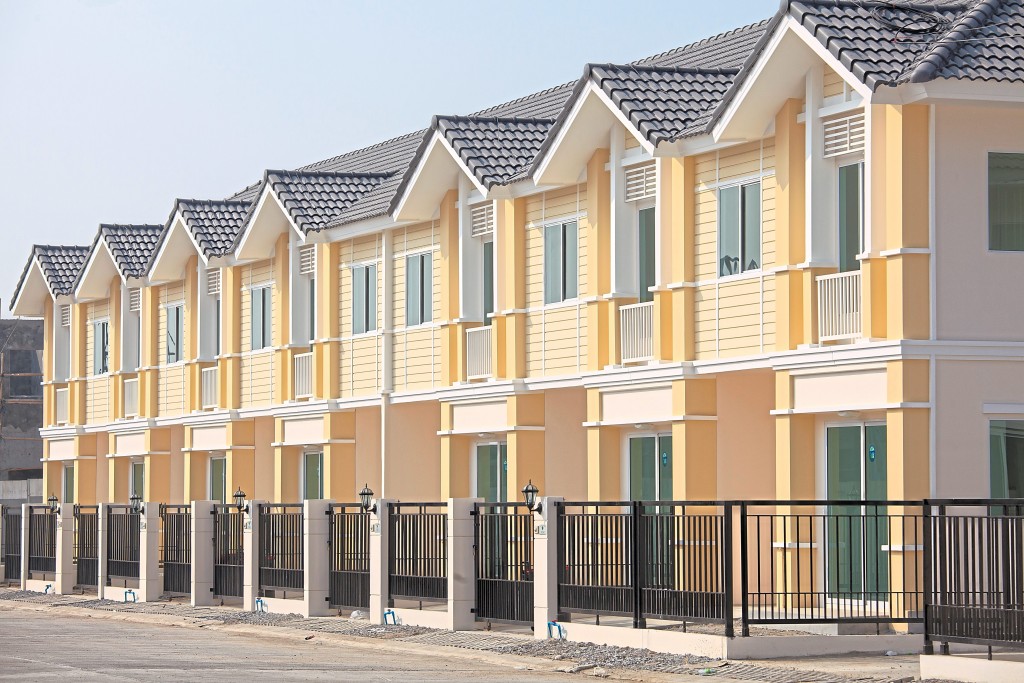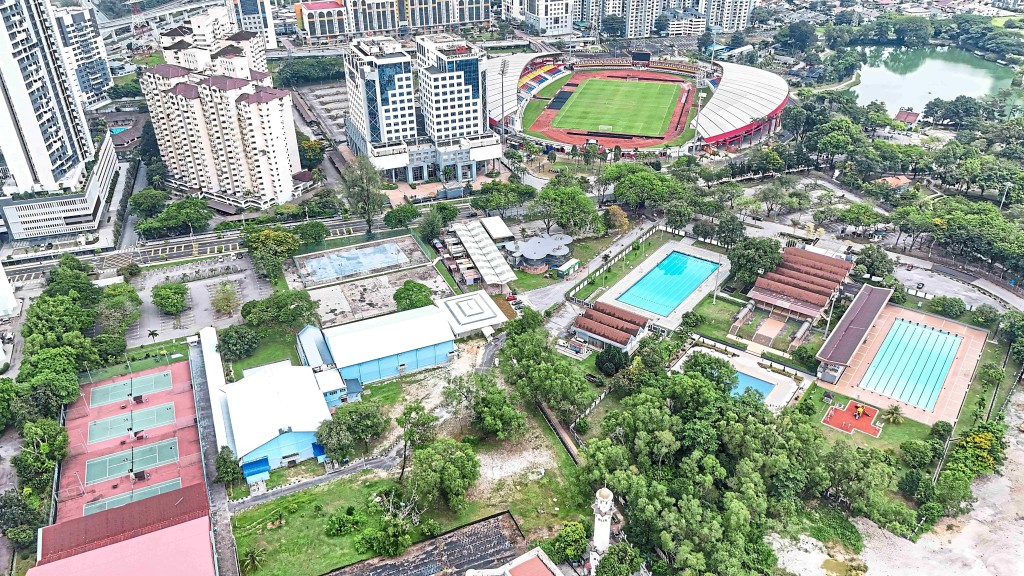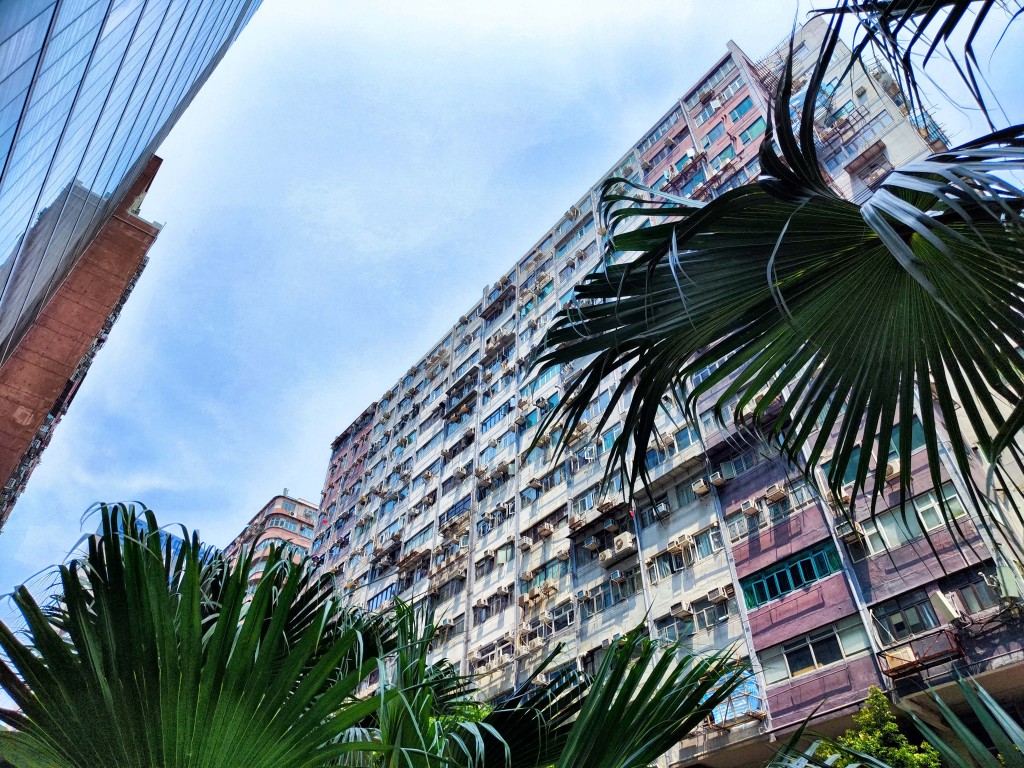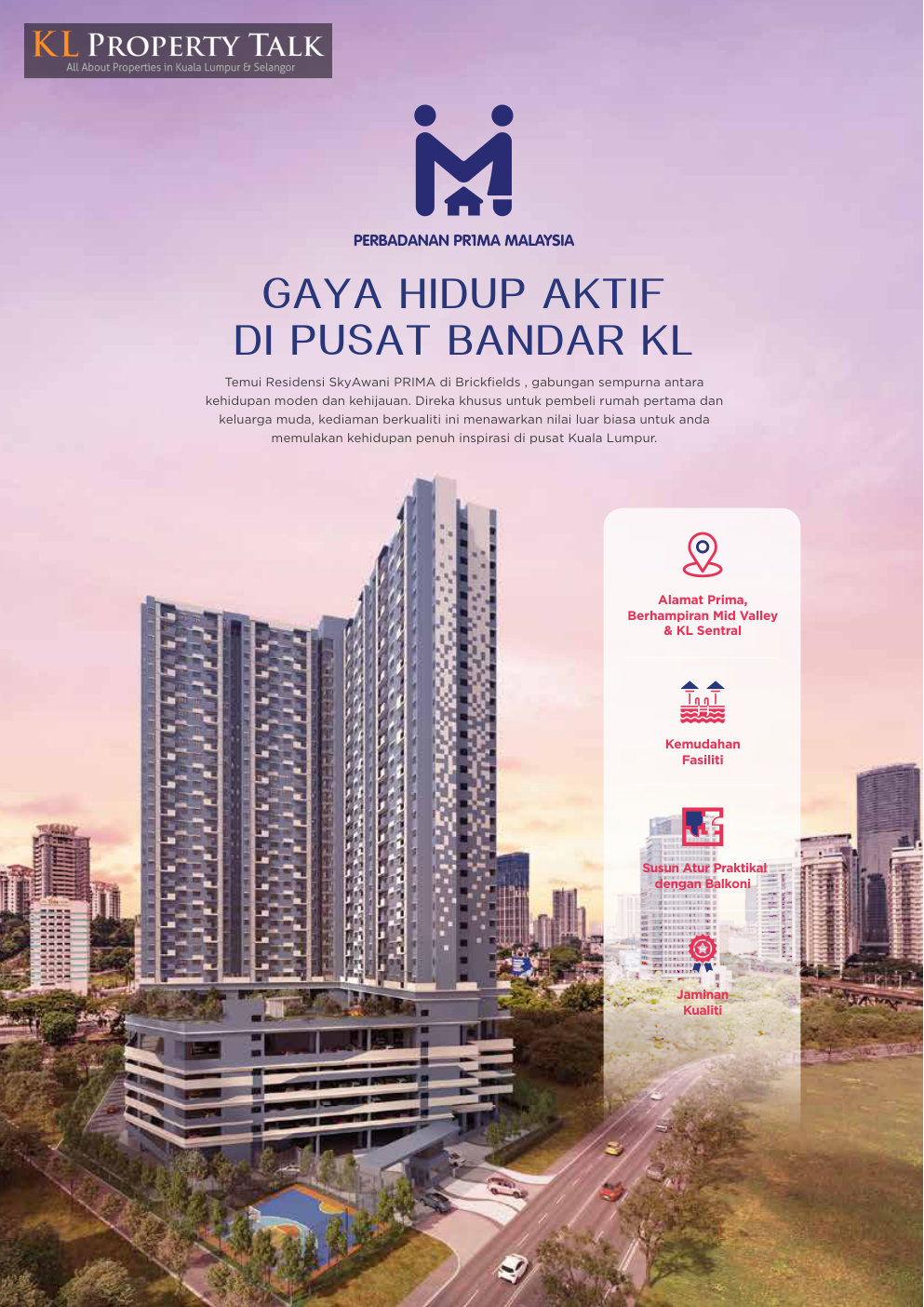The rising demand for terrace home
Shift is fueled by single and growing families
By Joseph Wong
In the ever-evolving landscape of real estate, trends come and go but a preference standing the test of time. This trend that has been gaining significant traction in recent years is the surging demand for terrace houses. Once overshadowed by other types of landed properties, terrace houses are now experiencing a renaissance, becoming the top choice for homeowners and investors alike.
This resurgence in popularity is driven by several factors, ranging from affordability and versatility to lifestyle preferences and urbanisation trends. Notably, the gradual transition from bustling urban centres to peaceful suburban neighbourhoods has sparked a significant increase in the demand for single-family and growing family homes, marking a notable shift in the housing landscape.
Recent trends in home sales illustrate a marked upswing, with real estate experts forecasting a further 10% increase in 2024. This surge is set to propel home sales to their highest levels since before the Covid-19 pandemic, indicating a remarkable rebound in the housing market. Notably, searches for terrace homes have reached a three-year peak, highlighting a tangible shift in consumer preferences towards spacious suburban residences.
The Centre for Real Estate Research at Tunku Abdul Rahman University of Management and Technology (TAR UMT) forecasts terrace homes to outperform other residential types, with an estimated annual growth rate of 2.77%. The report suggests that terrace home values will likely keep pace with long-term inflation at 3.0%, offering a hedge against escalating prices. Semi-detached and high-rise homes are projected to see modest growth rates of approximately 0.57% and 0.45%, respectively.
Conversely, detached homes are anticipated to experience a decline of -1.62%. These forecasts are derived from the autoregressive integrated moving average forecasting technique, which extrapolates future values based on past data. Overall, the report predicts a positive trajectory for the MHPI, with a moderate annual growth rate of 0.64% expected in 2024.
Driving Factors
Multiple factors have converged to drive the escalating demand for terrace homes. Firstly, historically low-interest rates have made homeownership more attainable, enticing potential buyers to take advantage of favourable lending conditions.
Additionally, the profound reevaluation of the home’s importance following the Covid-19 pandemic, marked by widespread quarantine measures, social distancing protocols and remote work arrangements, has prompted individuals to prioritise living spaces that accommodate evolving lifestyle needs.
Furthermore, robust housing trends preceding the pandemic have laid the groundwork for sustained demand, with demographic shifts and evolving consumer preferences fueling interest in suburban living. The culmination of these factors has created a perfect storm, fueling an unprecedented surge in demand for terrace homes.
The surge in demand for terrace homes is further bolstered by the demographic wave of millennials, also known as Gen Y, entering the homebuying market. As this generation reaches significant life milestones such as marriage, starting families and advancing in their careers, the desire for homeownership has intensified. Millennials, traditionally characterised as urban dwellers, are increasingly drawn to the spaciousness, affordability and sense of community offered by suburban living—a trend with profound implications for the future trajectory of the housing market.
Supply challenges
However, the exponential growth in demand for terrace homes has exacerbated an already acute supply shortage, resulting in a stark imbalance between supply and demand. In Malaysia, the inventory of terrace homes has witnessed a sharp decline, particularly in the availability of affordable options within Kuala Lumpur’s outskirts. This scarcity has led to a decrease in the average listing duration, intensifying competition among buyers.
A notable phenomenon is the gradual decline in Kuala Lumpur’s city centre population, which has dwindled to less than two million, with estimates placing it at 1,998,600 as of 2023. In contrast, the population in the metropolitan areas outside the city limits has surged to over eight million.
The emergence of new stocks of terrace houses further away from city centres has brought about new challenges, notably the rise in car dependency, exacerbating issues such as traffic congestion, environmental degradation and noise pollution. This trend poses a significant obstacle to the nation’s efforts to achieve its carbon-neutral target by 2050, as the additional vehicles on the road contribute to increased carbon emissions, hindering progress towards sustainability goals.
Future projections
While the market dynamics for terrace homes have persisted in the aftermath of the Covid-19 pandemic, the sustainability of this trend remains uncertain. Projections suggest eventual stabilisation, with new construction gradually aligning with heightened demand. Policymakers and industry stakeholders are closely monitoring market dynamics to implement strategic interventions aimed at fostering a balanced and sustainable housing market.
The escalating demand for terrace homes represents a significant paradigm shift in the housing market, driven by evolving consumer preferences and market dynamics. As stakeholders navigate these transformative shifts, leveraging data-driven insights is essential for capitalising on emerging opportunities and mitigating risks in the ever-evolving housing market landscape.
Source: StarProperty.my
















POST YOUR COMMENTS